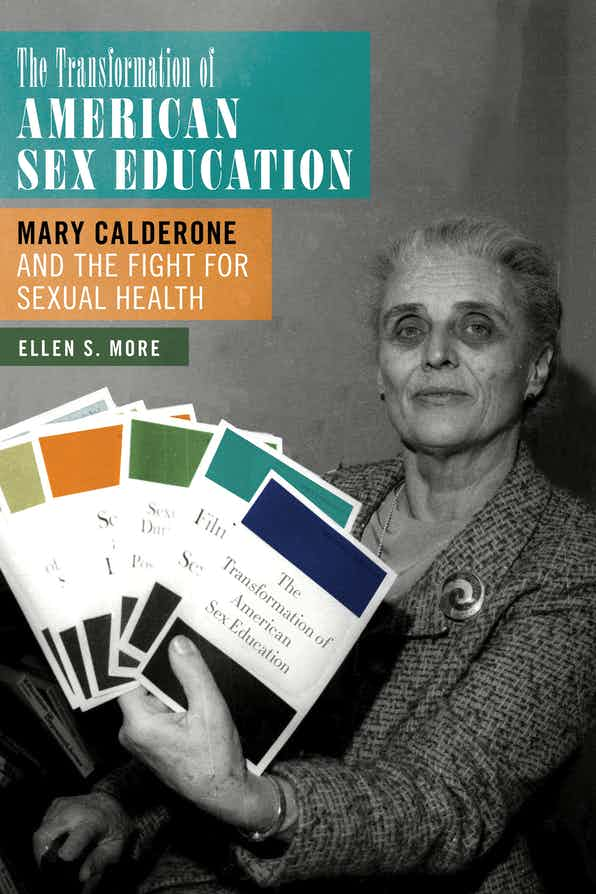
The Transformation of American Sex Education: Mary Calderone and the Fight for Sexual Health

news, new scholarship & more from around the world

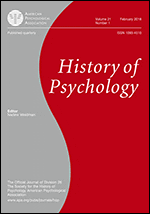
Il problema dell’inconscio nella psicologia moderna [The problem of the unconscious in modern psychology], published in 1942, was the first of Jung’s books translated into Italian. The original German title was Seelenprobleme der Gegenwart [Soul’s problems of the future], a collection of previously-issued short essays. The present paper reconstructs the story of how the book was chosen and eventually published, describing the historical and personal context surrounding the protagonists (translators and publisher) of the volume. The political and cultural situation of the time in Italy is presented: the country was dominated by Catholic culture and Idealism, both obstacles to the spread of psychology. The condition of Italy is compared with that of Germany with respect to the possibility of Freud’s and Jung’s ideas circulating. Then the paper describes the specific context in which Giovanni Bollea, who had the idea of translating Jung’s book in Italy, worked. The role of Bollea’s wife, Renata Jesi, is also highlighted. Bollea’s relationship with the Einaudi publishing house and with Jung is also explained. Finally, an attempt is made to show the relevance of this episode in the history of Italian culture and its consequences. (PsycInfo Database Record (c) 2021 APA, all rights reserved)

This landmark book charts the rollercoaster history of both rich and poor, and the mechanisms that link them. Stewart Lansley examines the ideological rifts that have driven society back to the divisions of the past and asks why rich and poor citizens are still judged by very different standards.
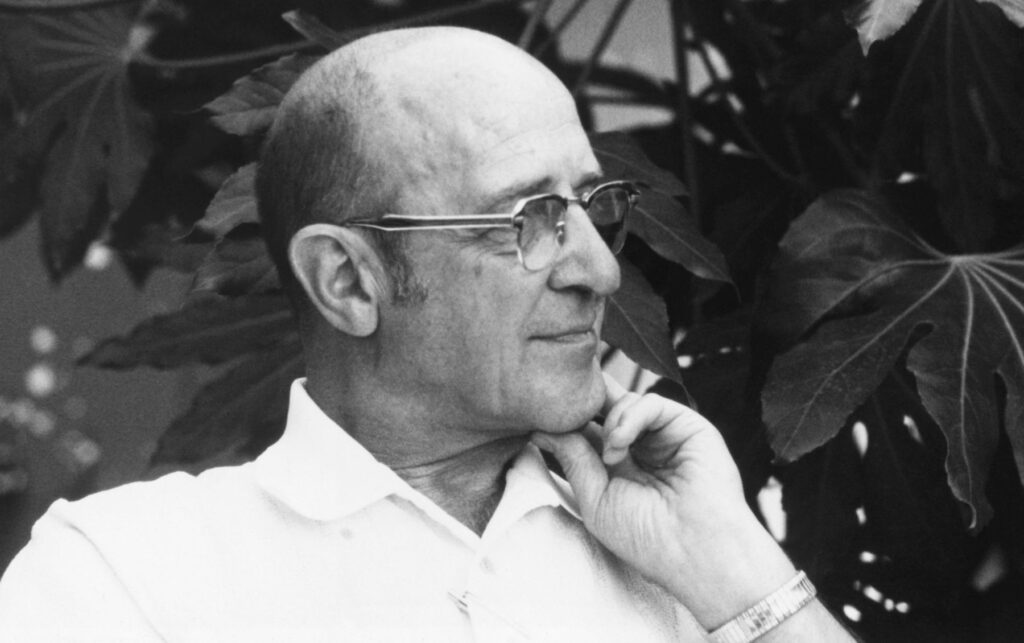
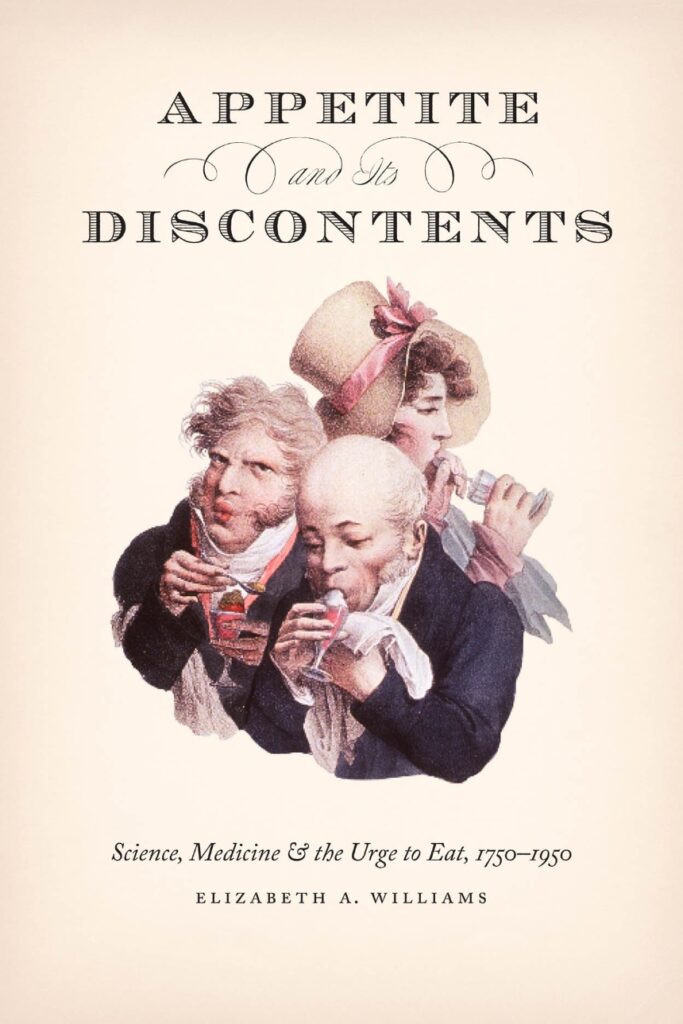
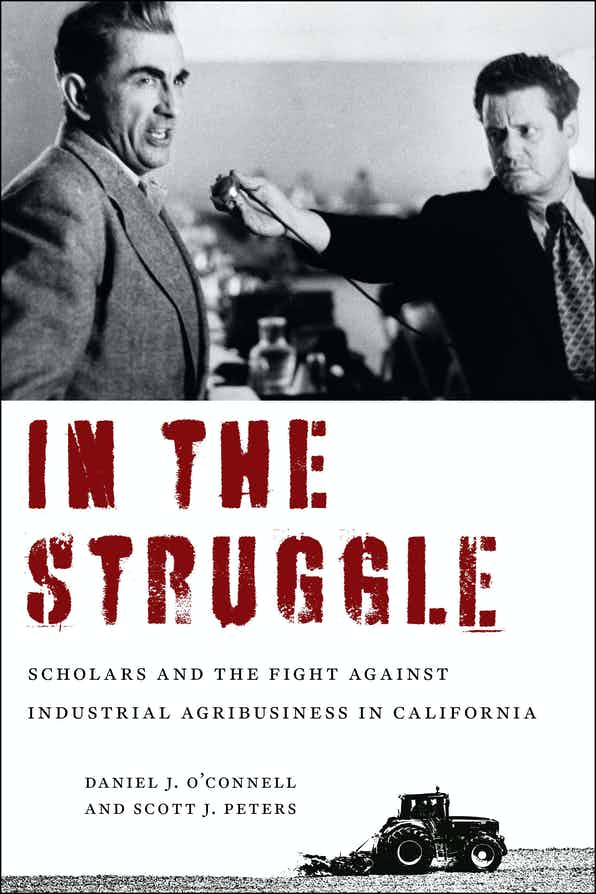
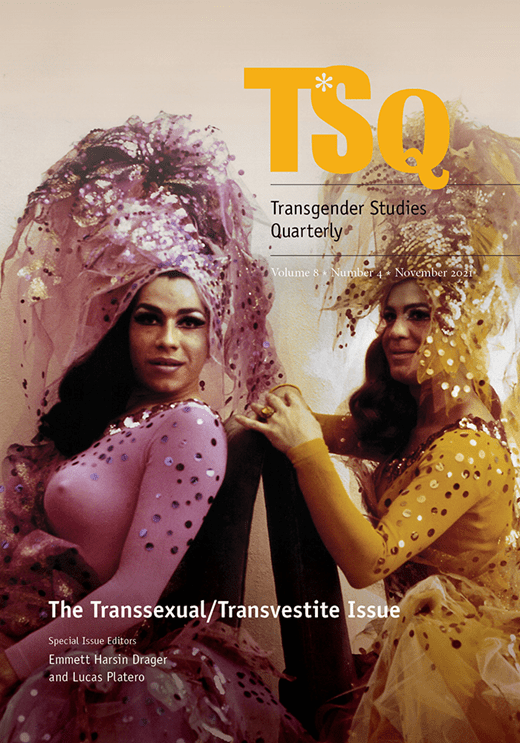
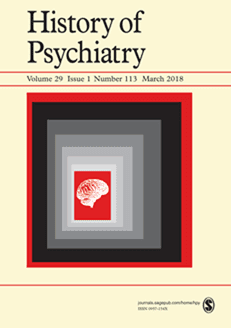
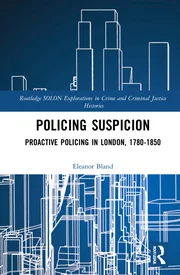
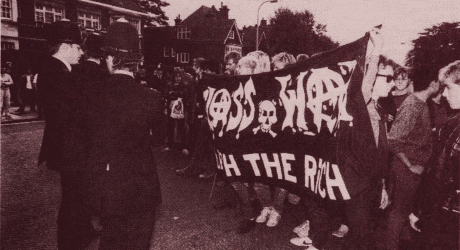
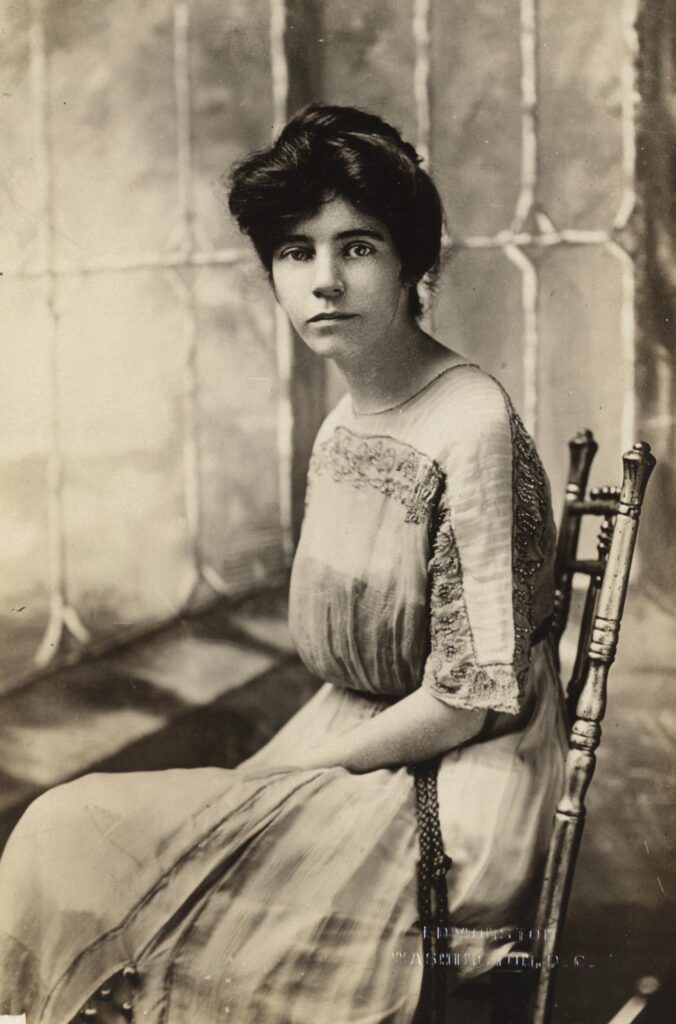
While studying and doing social work in England, Paul learned firsthand the confrontational tactics and civil disobedience used by the militant wing of the British suffrage movement. She participated in demonstrations and was jailed for her suffrage activity in London.

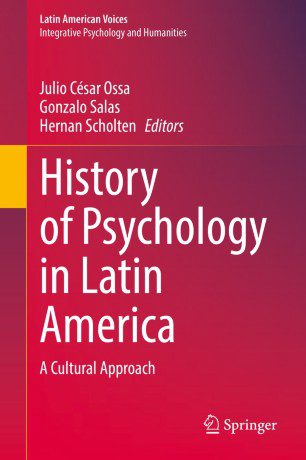
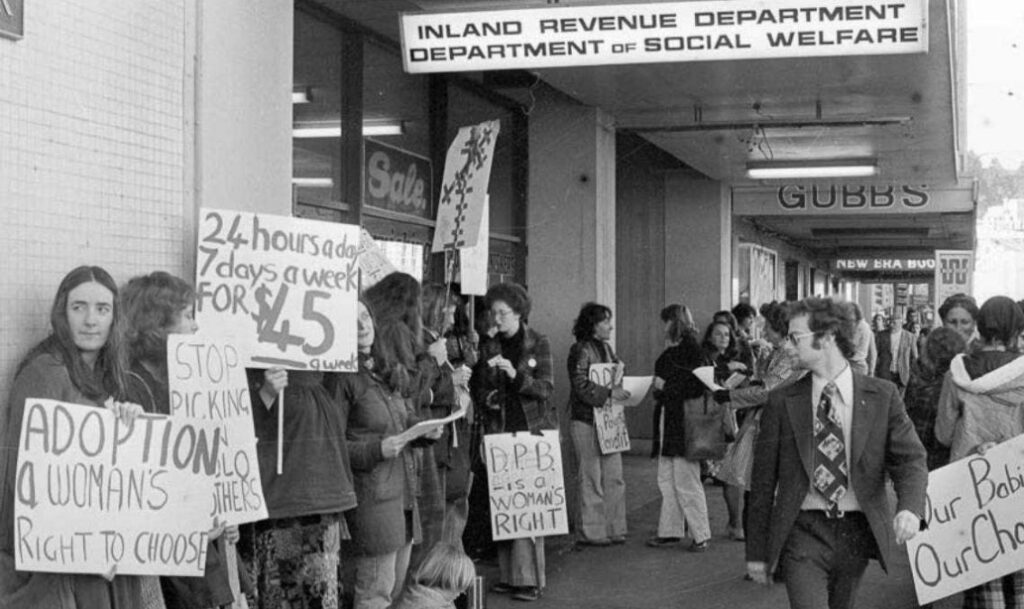
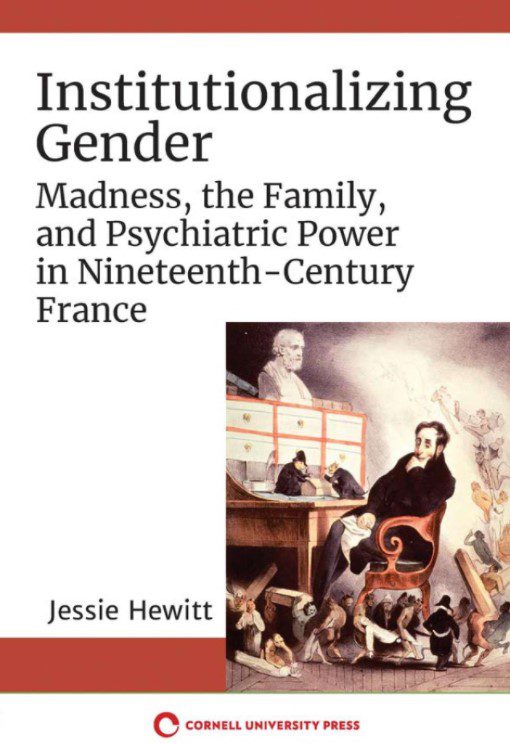


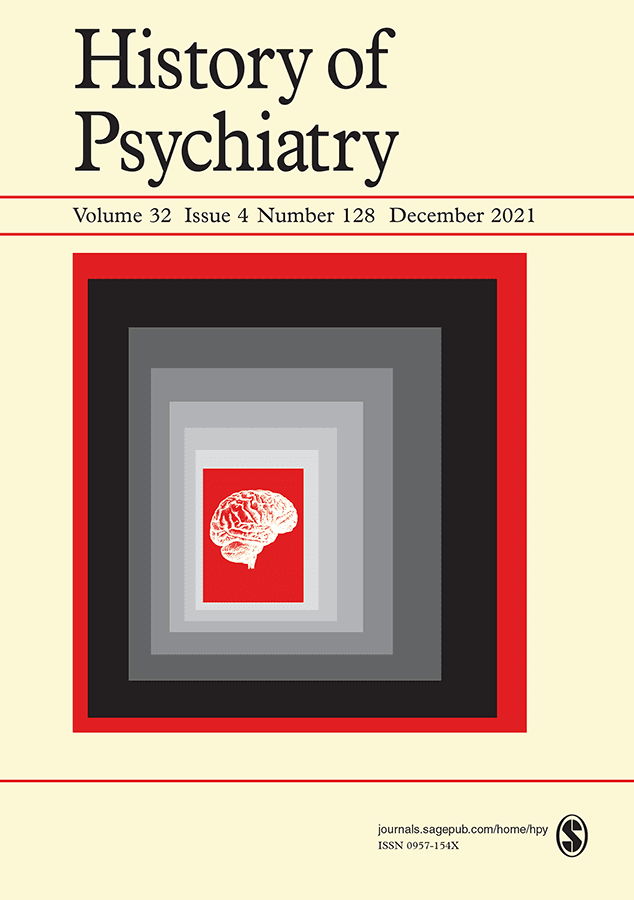
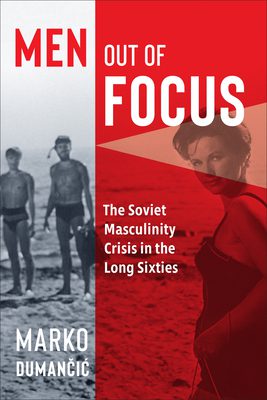
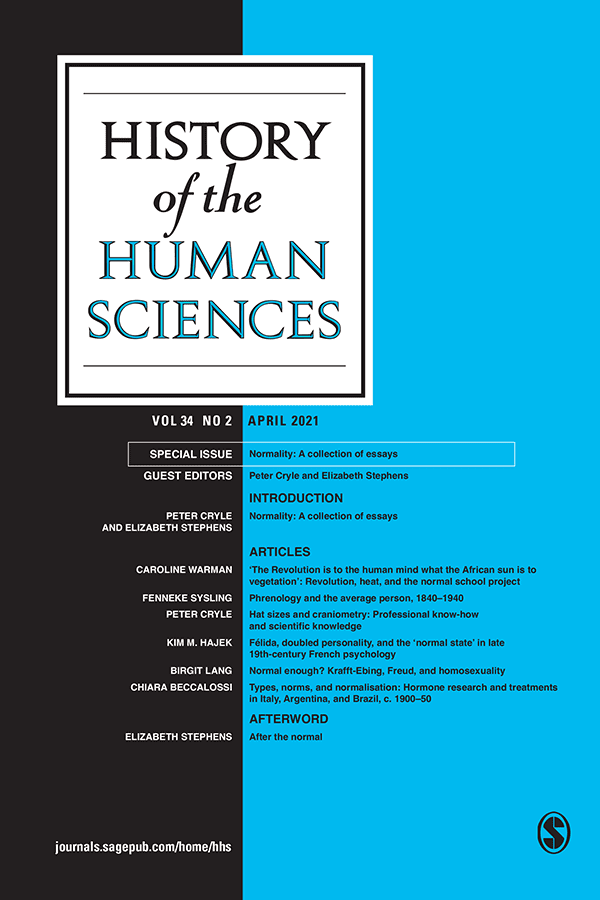
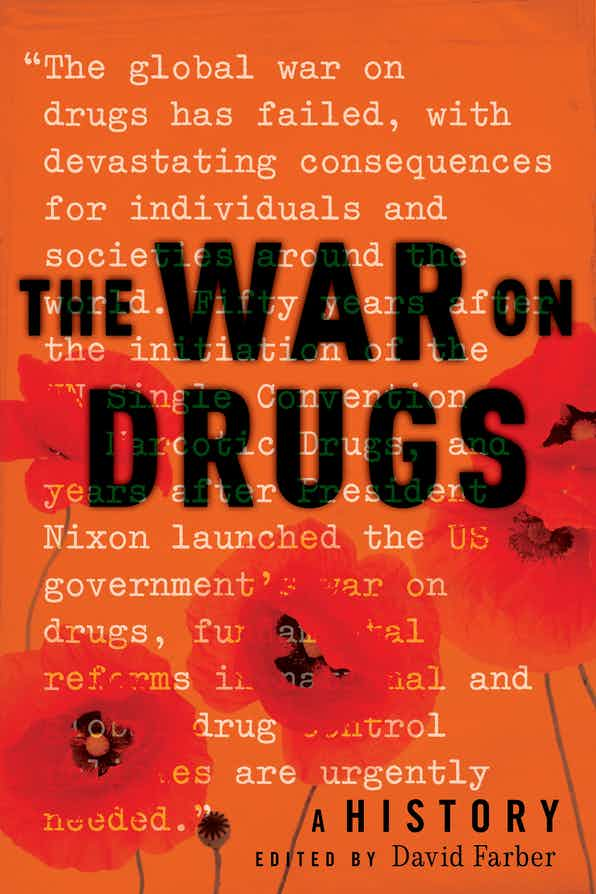



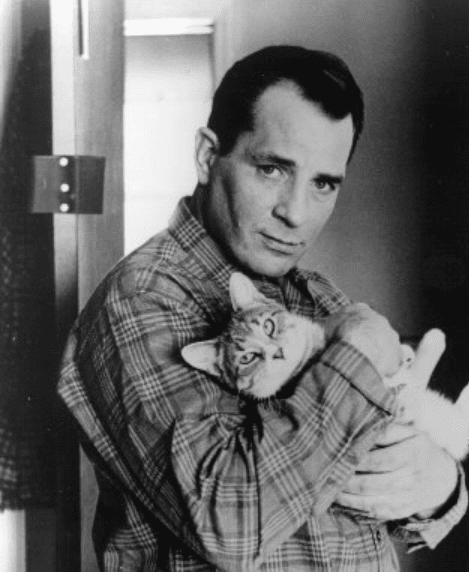
The most famous Franco-American author, Jean-Louis Lebris de Kérouac or Jack Kerouac, was born in Lowell’s Little Canada.


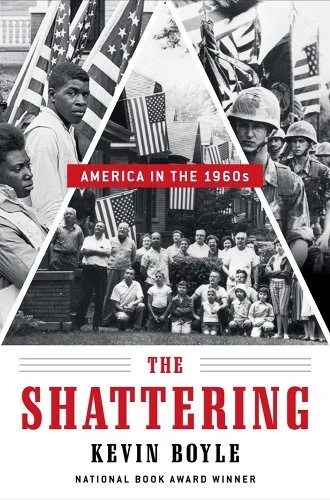

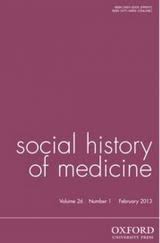
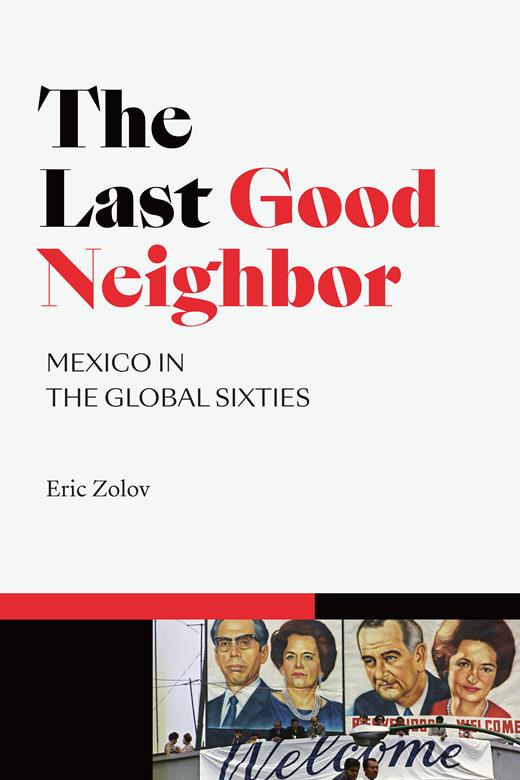
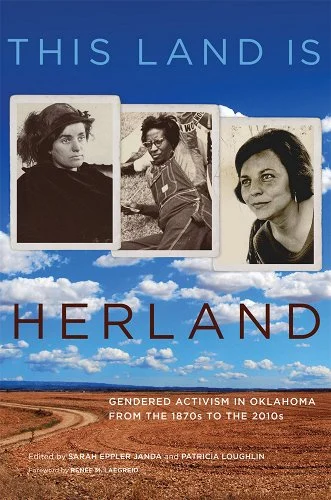

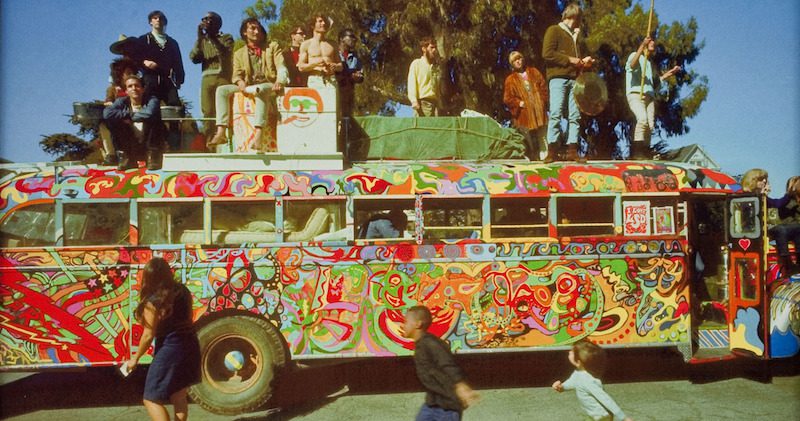
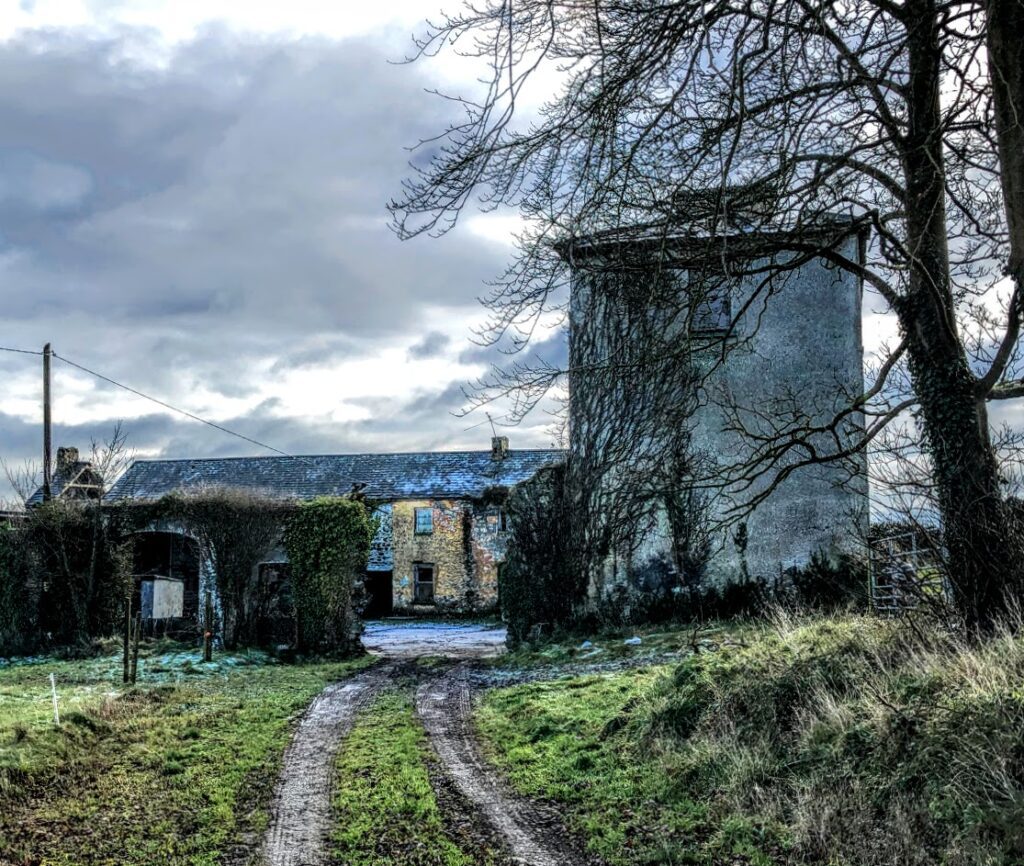
At the height of the Great Famine of 1845-1849, the Poor Law Commissioners leased Stewick House and 10 acres, including the out-offices, from George and Laura Hewson in 1848 at annual rent of £75.

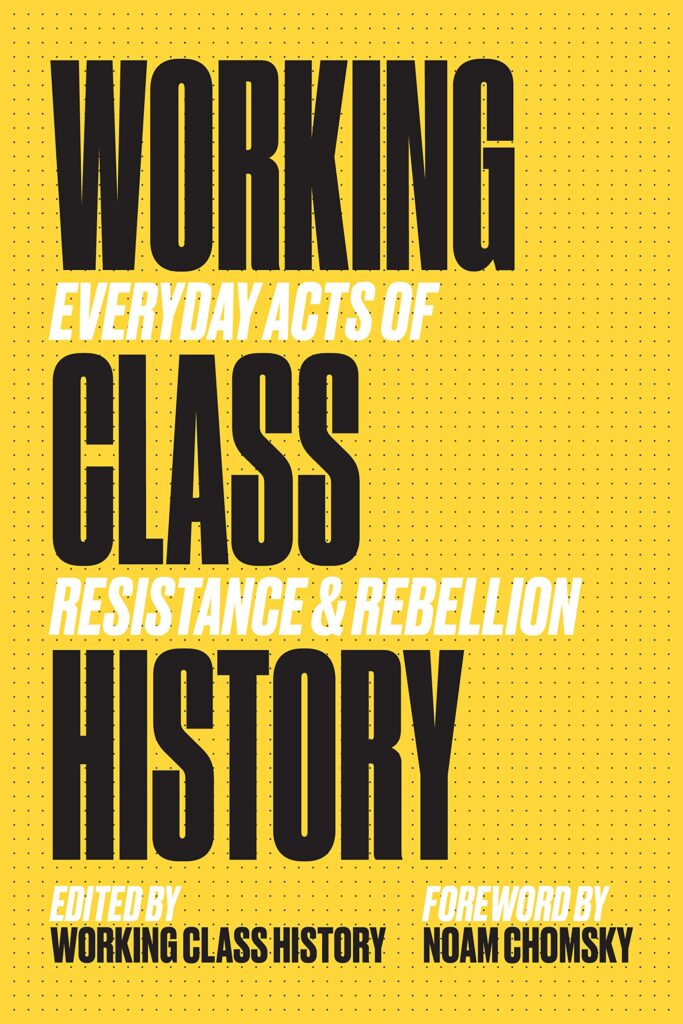
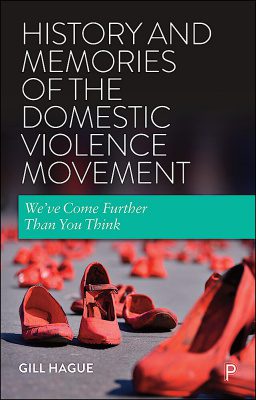
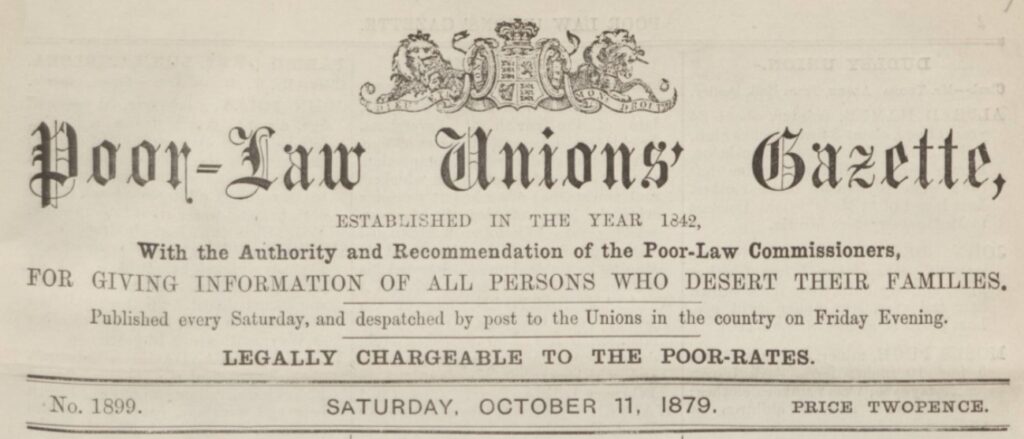
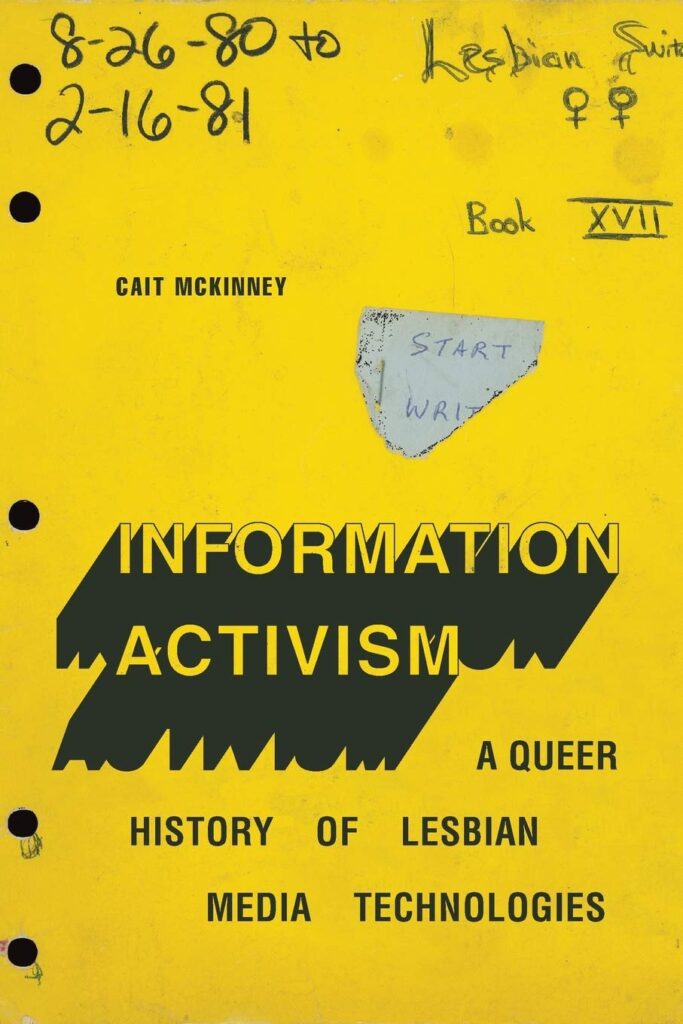
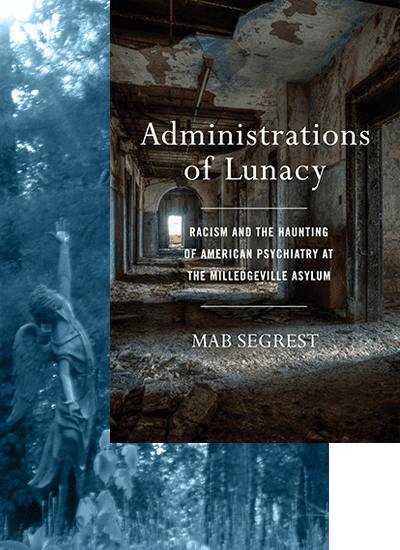

In 1925, Family & Children’s Services original board member Waite Phillips donated the building at 6th and Cheyenne to the Tulsa Community Chest (Tulsa Area United Way). Family & Children’s Service moved into the building with the Community Chest and started providing services from that location.

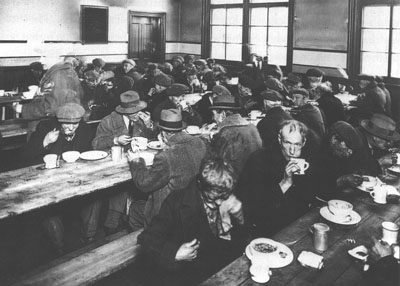
Unemployment victims during the Depression resorted to the soup kitchens like this one in Montreal in 1931, operated by voluntary and church organizations. After a meal, most people returned to the alleyways, parks, or flop-houses for the night.


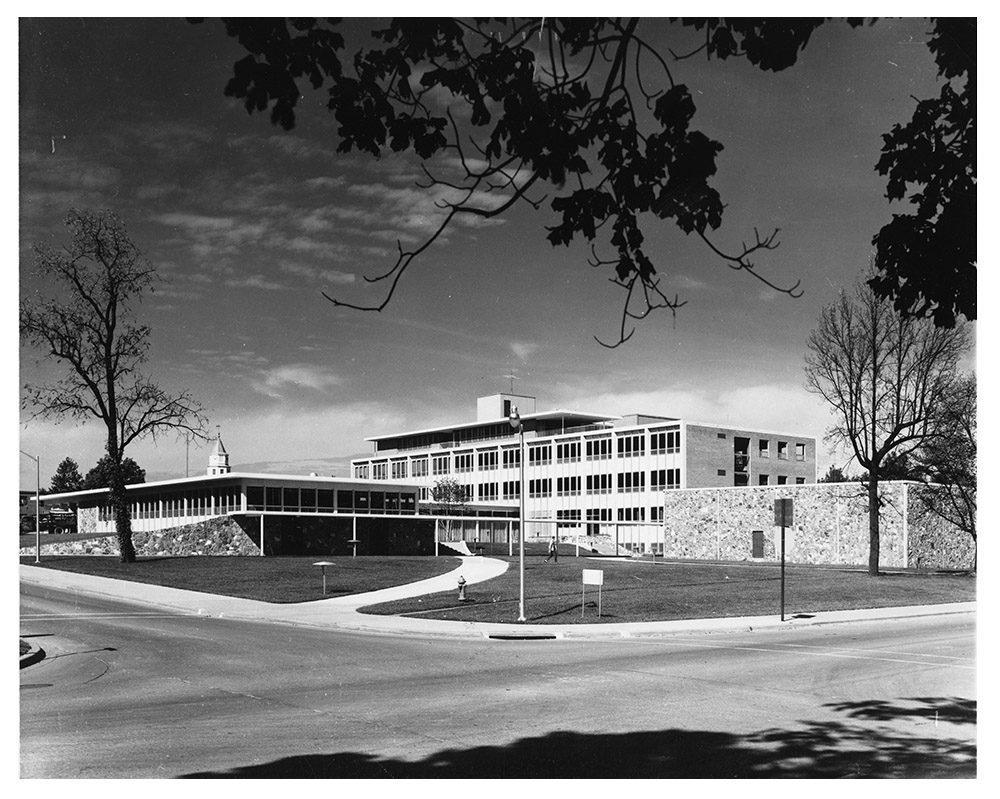
In the beginning – The School of Social Work is celebrating its 50th anniversary. Launched during the 1970-71 school year, the program’s home was Quigley Hall until moving to Pulliam Hall in 2014.

This article considers the double role of child prodigies as child stars and psychological subjects in Paris in the Belle Époque. I argue that the celebrity status of child prodigies during this time contributed to their transformation into objects of scientific curiosity. The notions of innate talent and natural-born genius contributed heavily to stories of child prodigies within the public sphere; these stories also circulated in psychological accounts of such children. To illustrate this, I examine the case of Pepito Arriola, the so-called Spanish Mozart, in more detail. This musical prodigy toured Europe and America during the early 20th century, and when he was 3- and one-half years old, Charles Richet presented him at the Fourth International Psychology Congress (1900) in Paris. Arriola became the first virtuoso to be submitted to psychological examination, and he was subsequently examined in Berlin by the psychologist Carl Stumpf. This closer look at Pepito Arriola’s case clarifies how popular culture and scientific research interacted in the making of a prodigy. (PsycInfo Database Record (c) 2021 APA, all rights reserved)
The Indian Economic &Social History Review, Ahead of Print.
The Varkari tradition of the Marathi-language area of Western India is characterised by devotion to the god Vitthal of Pandharpur as well as the medieval saint-poets who praised him in songs and longed for his company. Modern narratives present Janabai, a poetess who lived presumably during the thirteenth to fourteenth centuries, as one of the Varkari saint-poets. Her rise to fame started in the last decade of the nineteenth century, and by the 1920s, although of obscure origin, she had been geographically pinned to Gangakhed on the Godavari River. The association with this tiny settlement in Marathwada was established by the famous Das Ganu, an itinerant minstrel and preacher. Janabai’s own celebrity reached its peak by the 1960s, when a sign of sanctity in the form of symbolic sandals was installed at the site which went on to become her temple in Gangakhed. In 1975 a new procession, that of Saint Janabai, was added to the list of more than 100 processions travelling at the same time each year to Pandharpur. This article looks into the process of nationalist ‘awakening’ and the manner in which fostering bonds of ethnic unity and religious cohesion have been essential for shaping shared identity. The Varkari tradition and its poets, including Janabai, became the main tools for the creation of a Marathi-language cultural environment and for the domestication of the terrain by and through the power of comprehensible Hindu symbols.